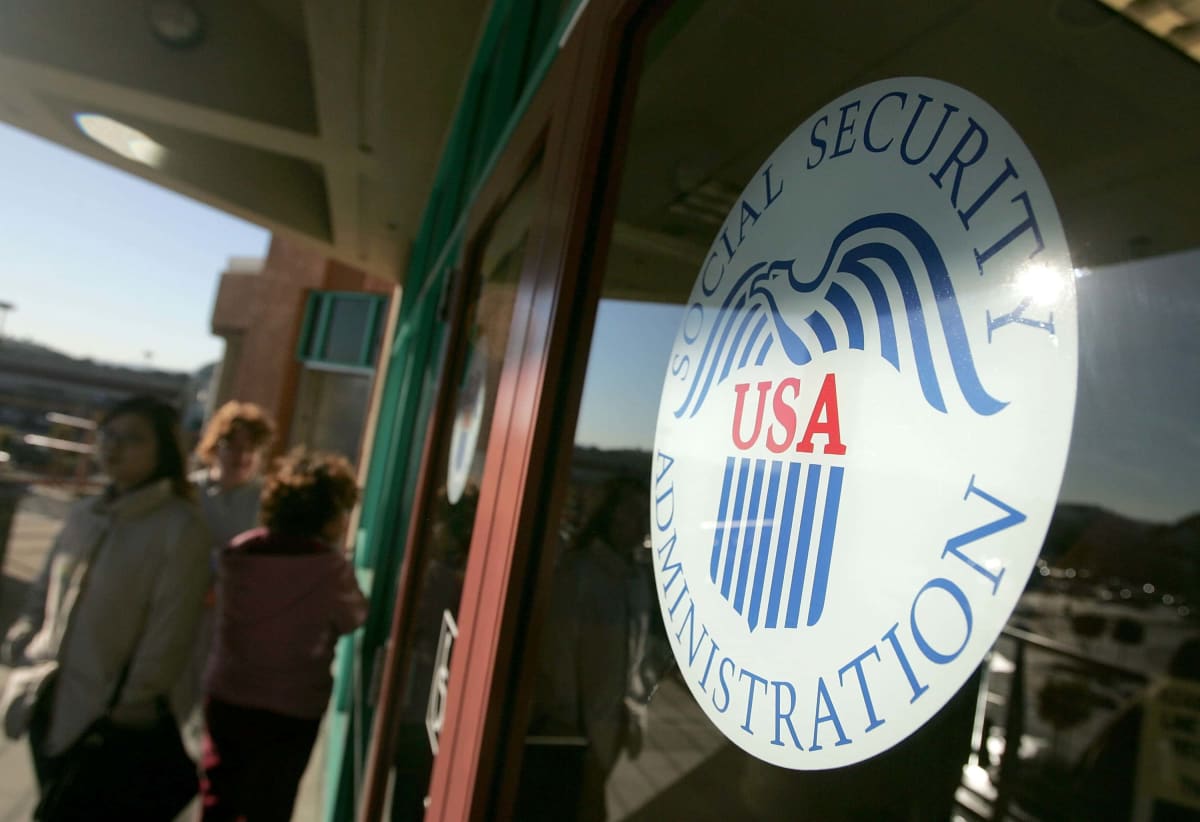Here's why you may receive a second social security check worth $1,371 in December and why some won't

WASHINGTON, DC: As the holiday season unfolds, there's a double dose of good news for Americans qualifying for Supplemental Security Income (SSI).
Brace yourselves for an unexpected bonus in December, as the Social Security Administration (SSA) gears up to issue two SSI checks to eligible individuals.

Who can get SSI?
Supplemental Security Income (SSI) is a beacon of financial assistance shines for both adults and children facing specific circumstances. Eligibility unfolds for those with limited or no income, providing a safety net for individuals navigating economic challenges.
Nevertheless, the qualification extends to those with limited or no resources, recognizing the crucial need for support in times of financial strain. Beyond economic factors, individuals find eligibility if they grapple with a disability, confront blindness, or simply embrace the golden age of 65 or older.
SSI Jackpot: 2023's maximum payouts revealed
With approximately 67 million people benefiting from SSI payments on the first of the month (barring weekends or federal holidays), December brings a unique scenario. SSI recipients can anticipate payments both on December 1 and 29, a special arrangement to accommodate the New Year's festivities falling on Sunday and Monday, December 31 and January 1.
This year's federal maximum SSI payouts stand at $914 for individuals and a generous $1,371 for married couples, provided both spouses meet the criteria.
For those receiving SSI payments via mail or direct deposit, the funds will be available precisely on the designated dates. However, the SSA advises caution, suggesting recipients who use mail to contact them if the payment doesn't arrive within three days.
Consider the example of a single parent cohabiting with a disabled child, earning $2,500 monthly before taxes. According to SSA standards, this parent may meet the SSI income limit if their earnings are at most $3,781 per month before taxes or less than $1,868 monthly from pensions or non-employment sources. Parents applying for their children benefit from an extra $2,000 added to the total resource limit costs.
For those 65 or older, obtaining SSI becomes more straightforward, as disability requirements are waived. On the flip side, individuals aged 64 or younger with a disability must navigate a series of criteria, including a disability impacting their ability to work for a year or more, limiting daily activities, or resulting in death.
Why some are not eligible for SSI?
Nonetheless, there's a drawback to this benefit, meeting the income, age, and/or disability requirements doesn't guarantee immediate approval. Interested applicants must officially apply for SSI benefits online to discover their eligibility status. Additionally, those eligible for the benefits typically have monthly earnings from work that do not exceed $1,913, as per the SSA website.










